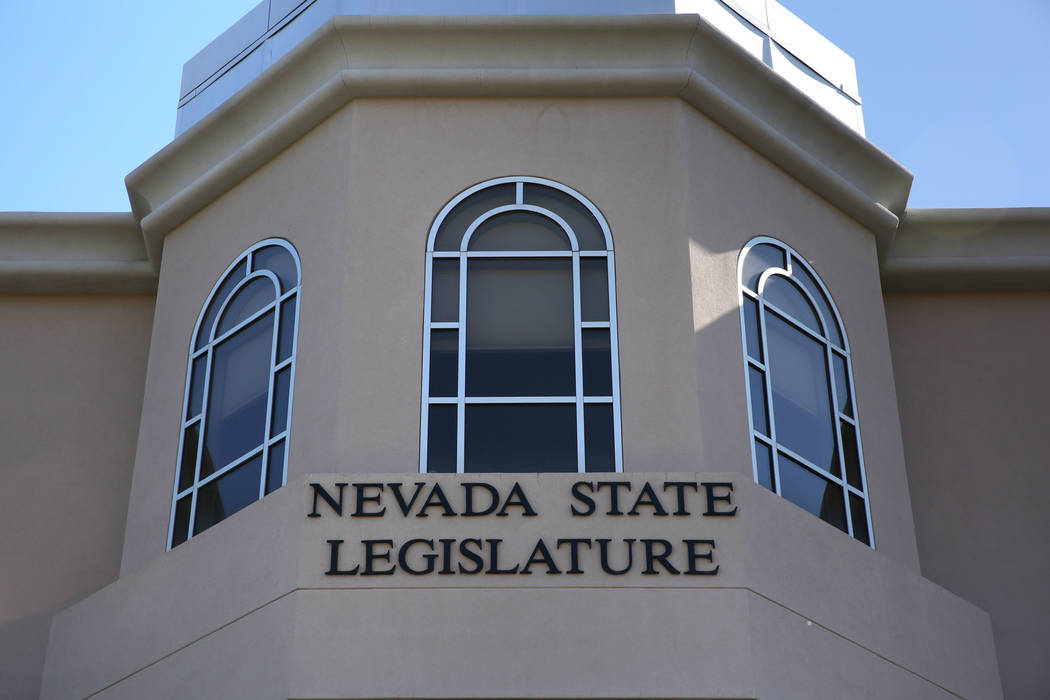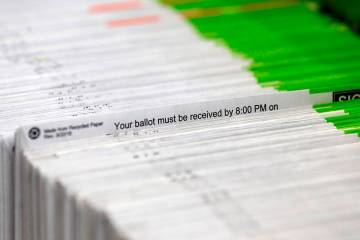EDITORIAL: Nevada Think tank to move forward with appeal in separation-of-powers lawsuit
The decades-long debate over public employees — particularly state workers — serving in the Legislature should be easily resolved: It’s illegal.
Article 3, Section 1 of the Nevada Constitution dictates that the state government shall consist of the legislative, executive and judicial branches. It goes on to state that “no persons charged with the exercise of powers properly belonging to one of these departments shall exercise any functions, appertaining to either of the others.”
The language is clear and unambiguous. You can’t serve in two branches of government at the same time. The purpose is not only to minimize conflicts of interest, but to create a system of checks and balances in which the power of the state is widely dispersed, rather than consolidated in the hands of the few. America’s founders considered the latter a precursor to tyranny.
Yet for years, public employees have routinely moonlighted as lawmakers in Carson City thanks to a series of conflicting legal opinions and an indifferent judiciary reluctant to afflict the state’s comfortable political elites. But let’s hope that soon changes. A pending case offers the best chance in years to finally settle this issue.
On Tuesday, the Nevada Policy Research Institute announced it will appeal a judge’s recent decision to dismiss the group’s lawsuit against state Sen. Heidi Gansert, a Reno Republican. When she’s not serving in the Legislature, Ms. Gansert pulls down six figures as UNR’s executive director of external relations. The university system is part of the executive branch. As a lawmaker, Ms. Gansert is “charged with the exercise of powers” in the Legislature. Therefore, she is prohibited from carrying out “any functions” elsewhere in state government. Her dual role puts her in conflict with the constitution.
Yet in July, a Carson City judge tossed out the NPRI’s separation-of-powers lawsuit. Rather than hear arguments, District Judge James Russell accepted as gospel a 2003 nonbinding opinion from the Legislative Counsel Bureau that the constitution prevents only top officials or constitutional officers from working in two branches at the same time.
Judge Russell’s bench ruling ignored the most recent attorney general opinion on the matter, by Brian Sandoval in 2004, which held that state employees who simultaneously sit in Carson City are in violation of the constitution. That the judge would accept the self-serving reasoning of the Legislature’s legal arm over the conclusion of a state attorney general is just another in a long, long line of examples in which the Nevada judiciary circled the wagons to shield members of the state political establishment.
The NPRI’s appeal is welcome. The institute is on firm legal footing. It’s past time to force the state Supreme Court to decide whether it will elevate political expediency above the explicit language of the state’s founding document.




























